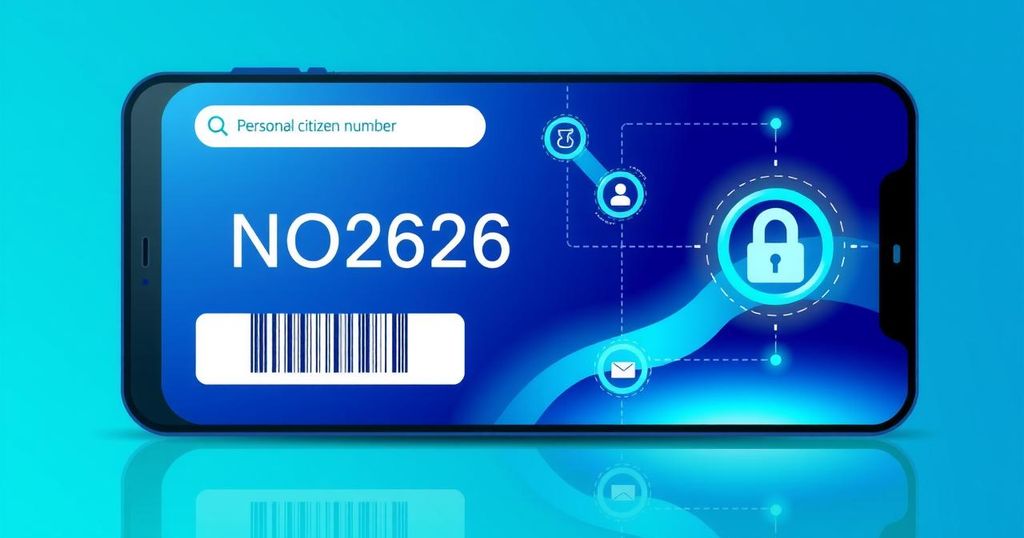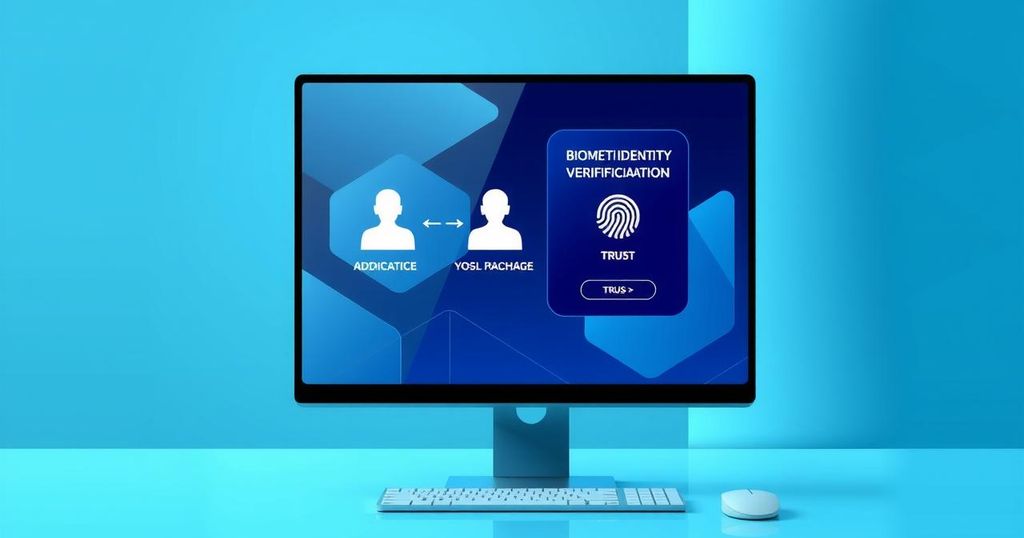Verizon has been accused of illegally collecting residents’ voiceprints in Illinois through its Voice ID service without proper consent, leading to a class action lawsuit. The lawsuit claims violations of the Illinois Biometric Information Privacy Act (BIPA), citing lack of notification and consent as key issues. The case seeks to cover all individuals affected since September 13, 2019, focusing on the broader implications of biometric data privacy.
Verizon is facing a proposed class action lawsuit filed on September 13, 2024, by plaintiffs Parker et al., accusing the telecommunications giant of illegally capturing voiceprints of Illinois residents through its Voice ID authentication service. The lawsuit claims that by failing to inform users about the collection of their biometric identifiers and not obtaining the necessary written consent, Verizon has violated the Illinois Biometric Information Privacy Act (BIPA). The plaintiffs assert that every enrollment in the Voice ID system constitutes a breach since Verizon did not disclose that users’ biometric information was being stored. Furthermore, the filing emphasizes that Verizon provided no information concerning the purpose for collecting this data or how long it would be retained, potentially leaving users vulnerable to privacy infringements. According to the suit, due to the nature of biometric data being unique and immutable, unlike typical information such as Social Security numbers, consumers have no recourse if such sensitive data is compromised. Despite Verizon’s professed online privacy policies for nine other states, the company allegedly lacks equivalent provisions for Illinois residents. The class action looks to encompass all individuals whose biometric data was captured via Voice ID in Illinois since September 13, 2019.
The Illinois Biometric Information Privacy Act (BIPA), enacted in 2008, establishes strict protocols for the collection, use, and storage of biometric identifiers, emphasizing consumer consent and notification. Since its inception, BIPA has set a precedent for how organizations handle biometric data amid growing concerns about privacy and security. With biometric identifiers being considered more sensitive than traditional personal data because of their permanence, companies face heightened legal scrutiny regarding compliance with BIPA. Privacy advocates claim that such data, if mishandled, could expose individuals to identity theft and privacy invasions without effective means for retrieval or modification. This context explains the legal actions being pursued against Verizon, addressing concerns that its practices may not be adequately protective of consumer rights under existing regulations.
The class action lawsuit against Verizon highlights significant legal concerns regarding consumer privacy and the handling of biometric data, particularly in Illinois. By not obtaining proper consent or providing necessary disclosures, Verizon risks breaching the Illinois Biometric Information Privacy Act. The case aims to address systemic issues related to the collection and storage of sensitive biometric data without consumer awareness, potentially impacting thousands of users over several years. As biometric technology becomes increasingly integrated into consumer services, adherence to privacy laws like BIPA is critical for companies to safeguard consumer rights and mitigate the risk of legal repercussions.
Original Source: www.classaction.org





